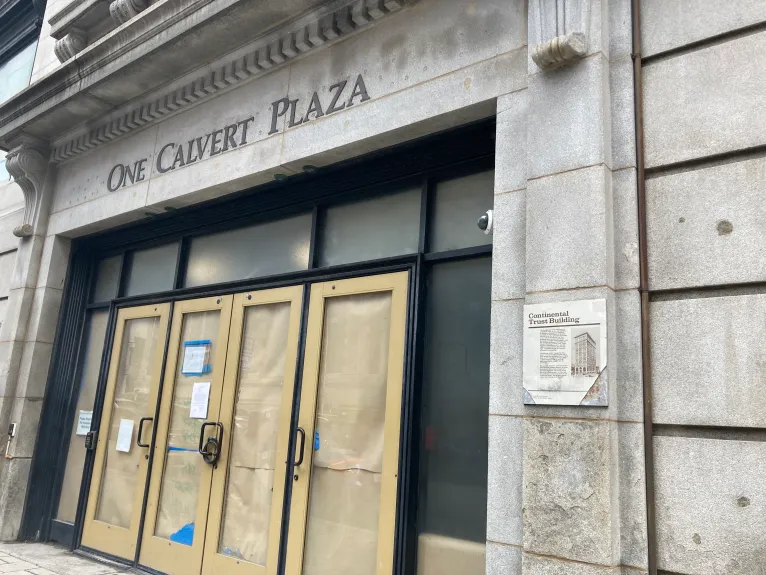Chasen Companies Collapse Reveals Lavish Executive Pay Amid Financial Ruin

Summary
Full Article
The recent collapse of Chasen Companies has unveiled a troubling narrative of financial mismanagement and extravagant executive compensation, even as the company faced insurmountable debts. Bankruptcy filings reveal that founder Brandon Chasen was receiving an annual salary exceeding $500,000, despite the company's financial distress. With $39.5 million in liabilities and no assets, the contrast to its $77 million revenue in 2023 is stark and raises serious questions about fiscal responsibility.
Creditors are particularly alarmed by the undisclosed transfer of a $5 million company jet to TVPX Aircraft Solutions, a privacy trust, in March 2025. This move is suspected to be an attempt to conceal assets from bankruptcy proceedings, further complicating the financial quagmire. Among the creditors, Sandy Spring Bank, owed $28 million, is taking aggressive steps by seeking to force Brandon Chasen into personal bankruptcy to recover nearly $30 million.
The repercussions of Chasen Companies' downfall extend beyond financial figures, manifesting in physical and community impacts. In Baltimore, abandoned construction projects and scattered debris stand as tangible reminders of the company's failure. A forthcoming creditors' meeting in August is poised to examine potential financial misconduct and the rationale behind the high executive pay during the company's decline, shedding light on governance and accountability failures.
This case underscores the critical importance of transparency and accountability in corporate governance, especially in industries pivotal to urban development and infrastructure. The implications for creditors, employees, and the communities affected by such collapses are profound, highlighting the need for stricter oversight and ethical financial practices in the business and construction sectors.

This story is based on an article that was registered on the blockchain. The original source content used for this article is located at citybiz
Article Control ID: 124332